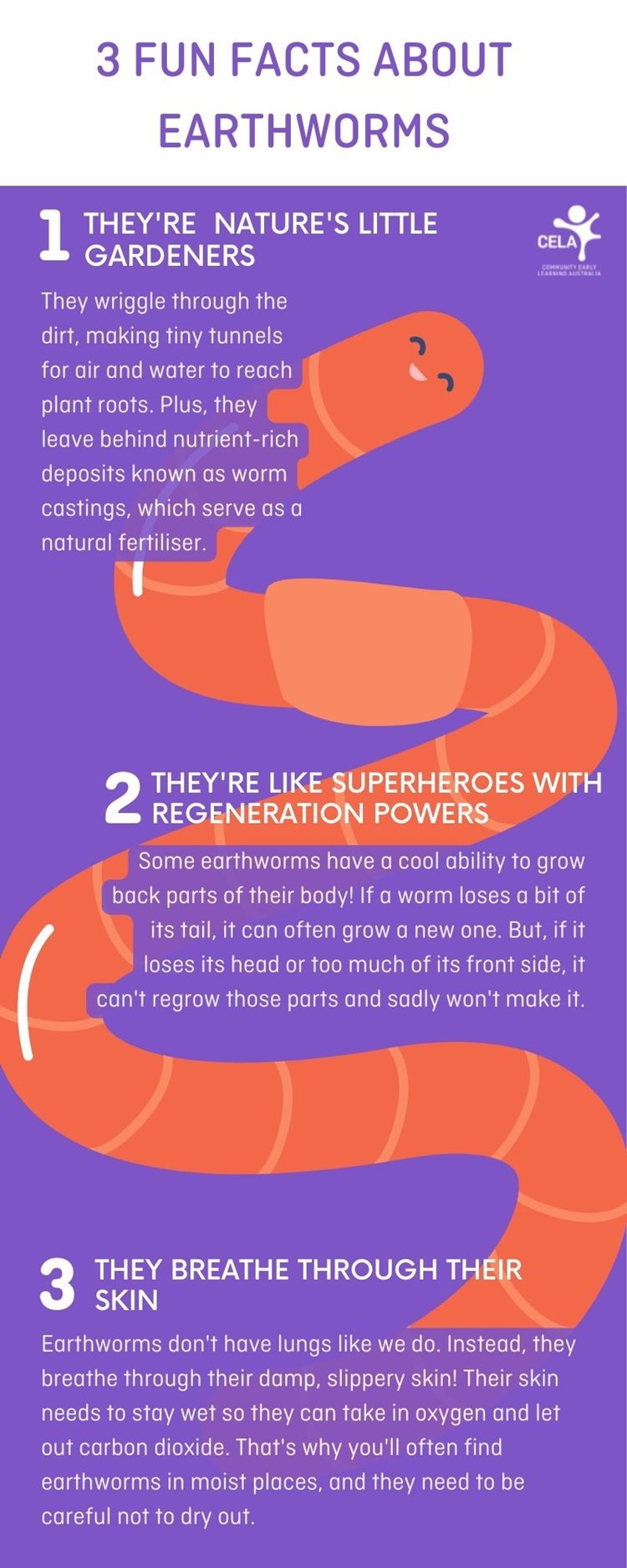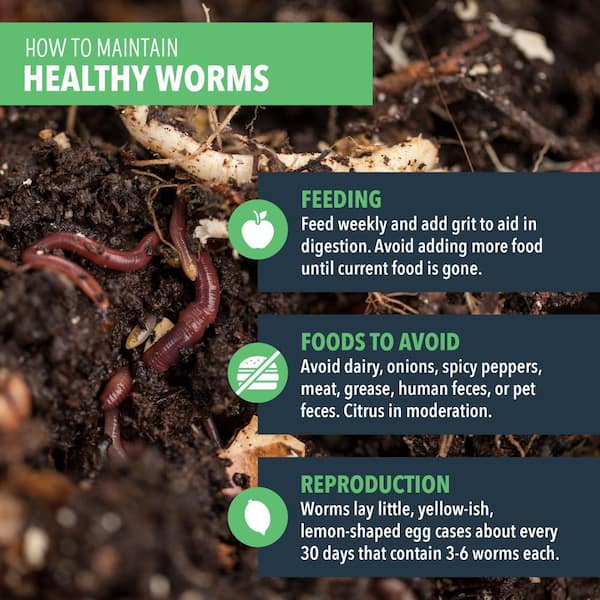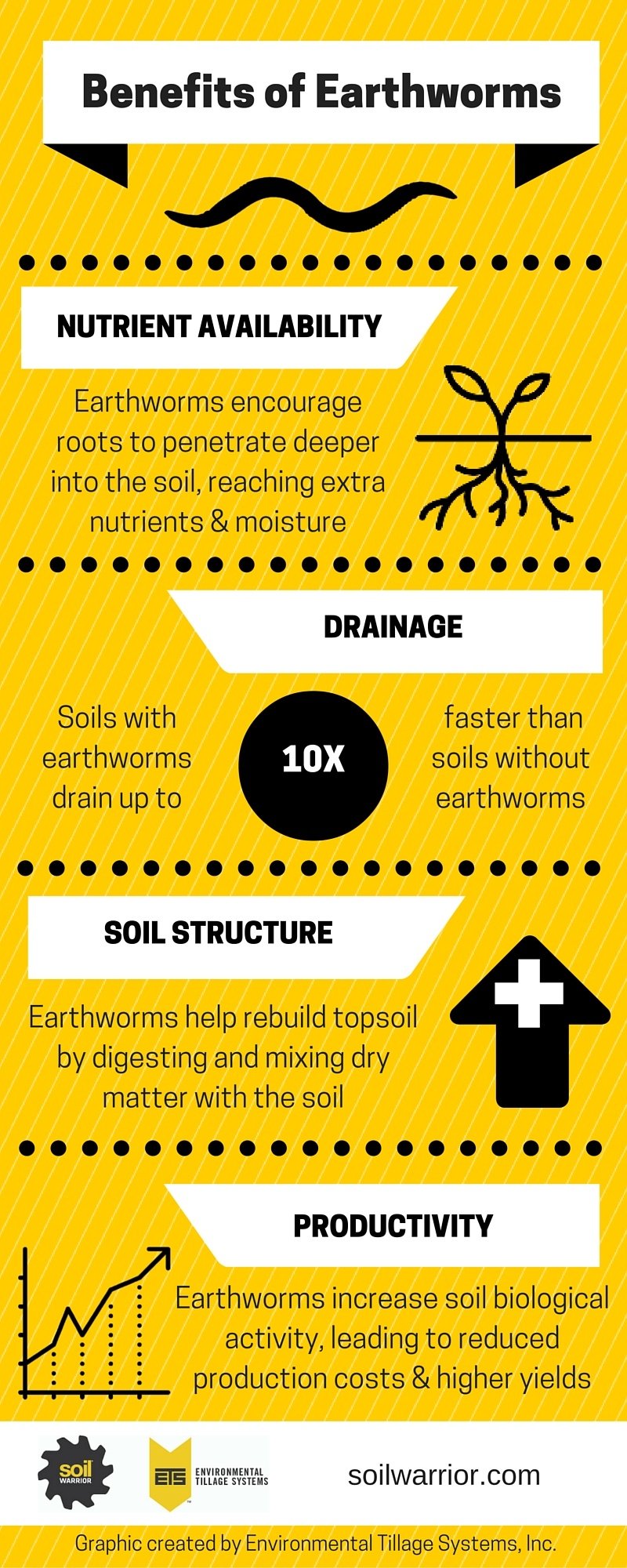Some Known Factual Statements About North Carolina Worms
Table of ContentsThe 4-Minute Rule for North Carolina WormsIndicators on North Carolina Worms You Should KnowThe Ultimate Guide To North Carolina WormsFascination About North Carolina Worms
Example: 1-gallon of worm spreadings to 4 gallons of potting mix. 1/2 mug in the bottom of the growing hole for smaller sized plants. 1 mug for larger plants.

The addition of tea can additionally include enhanced microbial biomass to your soil. You can always side-dress your plants with worm spreadings at any time. Simply bear in mind, the microorganisms will certainly pass away if subjected to UV rays (Sun), so make certain to cover the castings with an inch or so of dirt.
This baffled them for years up until the testing methods came to be better. It would get far better(with more castings), degree off, and then decrease. Also numerous worm castings would certainly accelerate the development to a rate that the plant could not recuperate from.
Everything about North Carolina Worms
I have expounded the merits of worm spreadings for about 2000 words. Worm castings are no various. It takes time to create top quality worm spreadings.
Worm castings absolutely set you back more than chemical plant foods. Worm castings are on the less expensive end of natural plant foods. (50 gallons per year) It is a much more challenging and extremely pricey financial investment to create large quantities of worm castings.

Producing a healthy soil might be the biggest benefit of worm spreadings. Healthy dirt was reviewed and just how important this has become to everyone. The top 10 benefits of worm spreadings were likewise presented. We reviewed worm castings NPK and additionally the appropriate nutrient evaluation that must apply to worm spreadings.
How North Carolina Worms can Save You Time, Stress, and Money.
We chatted about some of the drawbacks connected with worm castings. I covered a great deal of material in this article. There are a great deal of web links (internal and external). If you would like more details on a particular topic, please click through the links to find out more. As constantly, do not hesitate to comment or ask inquiries.
The vertical burrows are usually open, although the worms top the top with deposit and waste matter. The upright burrows are extremely crucial factors of access for fast water seepage right into the dirt, specifically in no-till systems. Air-filled porosity is critical in helping plant origins to thrive. Origins need oxygen for their growth, whereas they generate co2 that requires to leave the soil.
Earthworms boost porosity by two mechanisms: (1) by creating irreversible burrows, and (2) by improving dirt gathering. Aggregation is improved by the blending of soil and natural issue in the earthworms' digestive tracts. Lake Rhodhiss Bait. These very stable accumulations are deposited by some earthworms in their burrows, and by others at the surface of the dirt


In one more research, earthworms were approximated to eat 4 to 10 percent of the leading 6 inches of the dirt annually. Soil compaction reduces the porosity of the soil.
The Greatest Guide To North Carolina Worms
Normal earthworm populaces can quickly take in 2 lots of dry matter per acre each year, partially digesting and mixing it with dirt. The relevance of earthworms to blend surface deposit with dirt ends up being very clear in dirts that do not have any type of earthworms. The majority of our Pennsylvania dirts have at the very least some earthworms, and the impact of their complete lack, consequently, can not be kept in mind.
They live largely from partly disintegrated organic matter that is already integrated in the soil. These types ingest huge quantities of soil that they mix with digested crop deposit in their digestive tracts.
Their burrows stay open, although they cover the top with crop deposit that they draw to the entryway. These species consume significant quantities of soil that they blend with absorbed residue in their intestines. Their waste matter is mainly transferred at the surface of the soil. The nightcrawler Lumbricus terrestris is one of the most noticeable participant of this group.
Comments on “The 4-Minute Rule for North Carolina Worms”